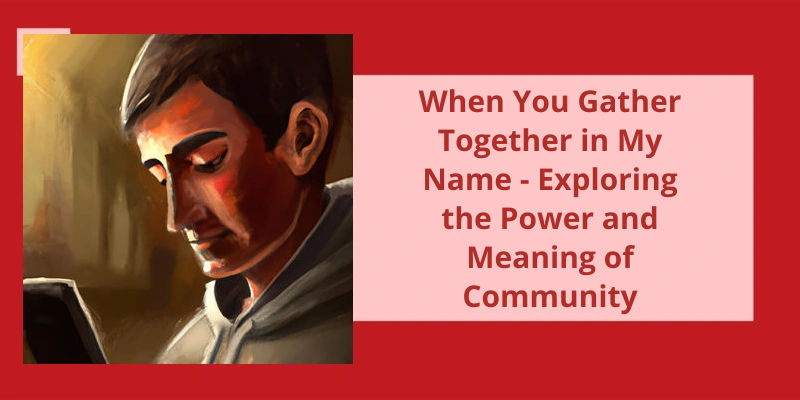There are few things more disappointing than feeling like you're not important enough to be remembered by someone close to you. You put effort into staying in touch and making memories, yet it seems like each time you see them, they’ve no recollection of who you’re or what you've done together. This can be frustrating and hurtful, causing you to question the significance of your friendship. Unfortunately, for some people, forgetfulness is simply part of their nature. Whether it's due to a busy lifestyle or a lack of focus, some individuals struggle to retain information about others. One such friend I know seems to constantly forget anything they’ve ever shared with me. Despite my best efforts to stay engaged in conversation and stay in touch, it often feels like all of our interactions are fleeting and unimportant. This can make me feel disconnected and insignificant in their life, even though I know they care about me on some level. It's a challenging situation to navigate and one that requires patience, understanding, and a willingness to continue investing in the relationship despite the forgetfulness.
How Do You Deal With a Forgetful Friend?
We all have that one friend who always forgets something, whether it’s a name, an event or something they promised to do. In such situations, it’s important to be understanding and patient with your forgetful friend. One way to help them is to encourage them to keep trying to remember. Avoid interrupting them or finishing their sentences, as it may make them feel embarrassed and hesitant to communicate with you in the future.
Another technique that can be helpful is suggesting that they go through the alphabet to retrieve what they’re trying to remember. This can be especially useful for recalling names or words. This approach can also reduce feelings of frustration or anxiety associated with forgetfulness.
Encouraging your friend to focus their attention and structure their environment may also help alleviate forgetfulness. Remind them to pay attention to what they’re doing and avoid multitasking. Being more organized and mindful of their tasks can help reduce forgetfulness. Additionally, it’s important to help them create a structured environment that fosters focus and concentration. For example, encourage them to create checklists or use calendars to keep track of daily tasks and appointments.
Suggest that they take a break and engage in a relaxing activity such as meditation or exercise. Encourage them to prioritize their tasks and delegate responsibilities if necessary.
Avoid blaming or criticizing them for their forgetfulness. Instead, focus on solutions and offer support. Show them that forgetfulness is a common experience and that you’re there to help them find ways to cope with it.
Conclusion
As humans, we place great importance on the connections and memories we make with others. Our interactions with people are what shape our experiences and relationships. However, when we encounter someone who seems unable to remember anything we've shared with them, it can be deeply hurtful and disheartening. It's important to understand that memory struggles aren’t always a result of personal indifference or malice; individuals may simply lack the mental capacity or tools to retain certain information. While it can be frustrating to feel overlooked or unimportant, it's important to approach these situations with empathy and understanding. Ultimately, the strength of our relationships lies not in what we remember or forget, but in how we treat each other and the value we place on those connections.






